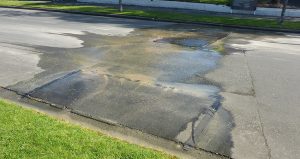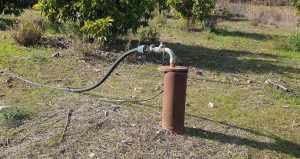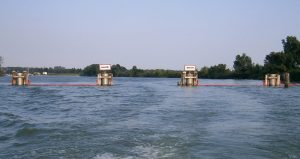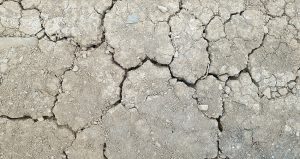Lack of water governance aggravates drought in Spain
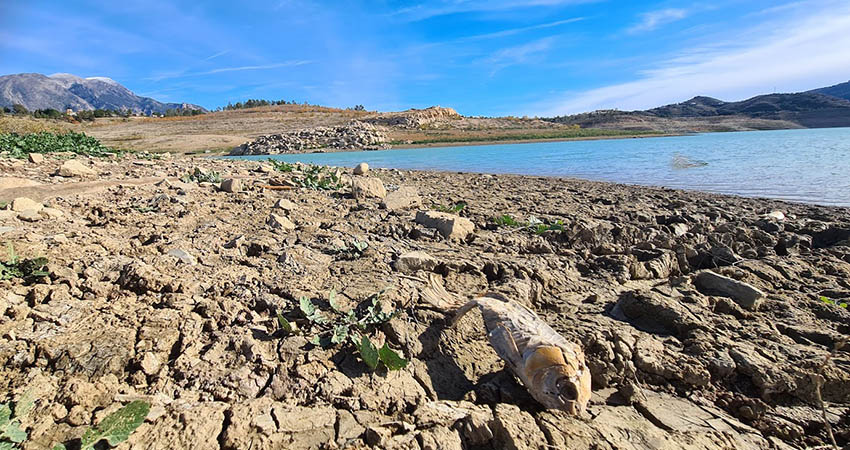
-
 Fergal MacErlean
Fergal MacErlean
Share article:
Catalonia and Andalusia are in a state of emergency due to water shortages. Even during the winter these Spanish regions are suffering from severe drought. This serious situation could have been less alarming with solid national water governance and investments in interregional water infrastructure.
Just over a year ago the government of Spain approved the Third Cycle Hydrological Plans to modernise the management of water resources until 2027 with a hefty envisaged investment of almost 23 billion euros. Yet the country is ill-prepared to deal with the impending drought in many regions.
Water scarcity
Since 1980, the average available water in Spain has decreased by 12% and projections indicate that by 2050 there may be a further decrease of between 14% and, even an unthinkable, 40%. Last January Teresa Ribera, the minister for Ecological Transition said: “We cannot guarantee water supply for drinking water or for economic uses by relying exclusively on rain.”
Not enough desalination plants
A vastly increased use of reused water and desalination plants (which meet European guidelines for discharged brine) is essential. In 2017 three of eight desalination plants in the region Valencia remain closed during a serious drought. The rest of the desalination plants only operated on 30 per cent of their capacity. The reason was that the production of fresh water from sea water was too expensive for small communities.
Overexploited groundwater
And it is essential that groundwaters are not over-exploited; a total of 40% of underground resources are currently in a poor state of conservation, according to the Spanish government. When there is no water available, many people desperately start drilling their own, often illegal, wells.
Boats will need to bring water in soon
Catalonia, which has not constructed any new desalination plants in two decades and has endured three years of drought, unveiled a € 2.4 billion plan last month to end their dependency on rain water by 2030. The situation was recently described as ‘very critical’ by Sergio Vicente Serrano, a researcher with the government’s IPE-CSIC, an ecology research centre with the Spanish National Research Council. Serrano noted that around half of the region’s water is used by the industrial sector. This month Spain announced that will invest € 467 million for two desalination plants on the Catalan coast. Meanwhile, boats are set to transfer 40,000 cubic metres of water to the region from the Sagunt desalination plant in Valencia, further down the east coast, from June, if required, among other measures. Suggestion to add extra info to this par: Irrigation water is to be cut by 80% under emergency measures.
Andalusia
The extended lack of precipitation is also affecting the southern region of Andalusia, which has experienced two very hot summers, compounding a drought situation in place since 2016. As a severe drought threatens, the regional government needs to consider how it can maintain the long-term water needs for 30 million tourists in addition to the local population of 8.5 million.
Lack of water governance
During the drought of 1995 there was much talk of being prepared for the future. But when the rains came the plans dissipated. There is also massive mismanagement of the existing infrastructure and resources. In Malaga province, following inspections in October 2022, 50% of stored water supplies were found to be missing due to leaks and theft. And technicians have said the 50-year-old pipe network is obsolete – dangerous pipe bursts are commonplace.
Too little, too late
At the end of January, the Andalusian government announced a new package of anti-drought measures. Several desalination plants are now planned to be constructed, but they are too few and too late to be operational for several more years. In the meantime plans are being mooted to bring water into Malaga by boat – an expensive option – from a desalination plant in neighbouring Almería (near the Tabernas desert), or from Portugal.
EU asked for aid
Andalusia has recently petitioned the EU to declare the regional drought a catastrophe and provide more aid. Yet water-thirsty avocado- and mango-farms remain a key part of the local economy in the Axarquía area where water cuts have been in place since last summer. And expat homeowners, living within sight of Africa, tend grass lawns along with an ignorance of the water scarcity problem among many tourists.


